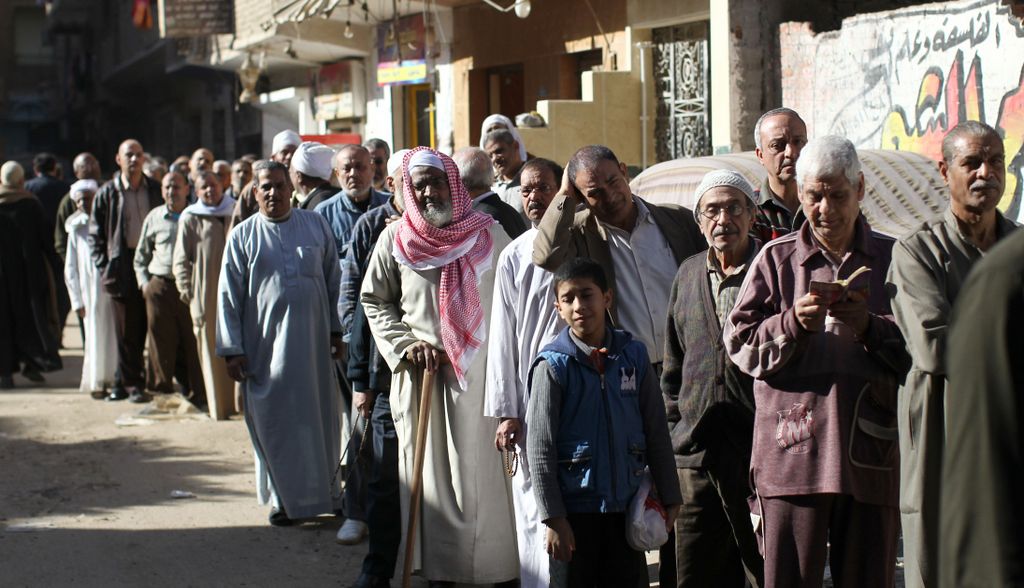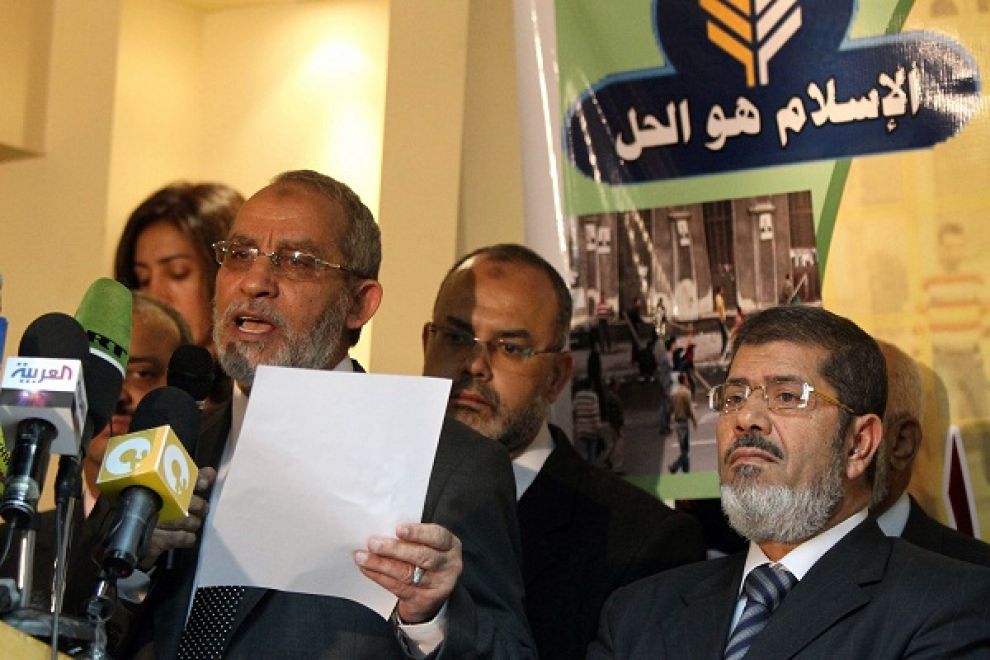
The government has completed a bill for the political participation law, which includes provisions for the upcoming parliamentary elections, ahead of submitting the proposed bill to the Shura Council for discussion.
The proposed bill is similar to previous election legislation. It uses the closed party list method for electing the two-thirds of seats the constitution reserves for party lists.
If adopted, the bill would allow independent candidates to contest those two-thirds through a list; just as political parties can contest the remaining seats reserved for individual first-past-the-post candidates.
The Cabinet-drafted bill keeps the minimum age for a candidate at 25 and requires potential candidates to have completed their military service, or have been officially exempted. The minimum education requirement is to have completed middle school.
Any appeals would have to be filed at a court within 30 days of announcement of the results and must be accompanied by evidence of alleged fraud or violations. Courts would then have up to 60 days to process the appeals.
The Speaker of the House of Representatives is afforded a salary equivalent to that of the Prime Minister’s in the draft bill. Members of Parliament would only be eligible for one house.
Candidates would not be able to run on both a party list and for an individual seat at the same time, and members of the disbanded former ruling National Democratic Party are barred from running—as per the provisions set out in the constitution.
Each candidate would have representatives attend the counting process, which the bill proposes take place over each ballot box at the polling station, rather than at a collection point. Representatives would receive the official results from the overseeing judge on site.
Each party list would have half of its candidates be either workers or farmers, as per the constitution. The bill proposes each list have at least one female candidate placed on the top half, except for lists contesting districts with only four seats or less.
The Shura Council, the upper house of parliament, assumed legislative duties following the adoption of the constitution. One of its first tasks is to legislate for the upcoming lower house elections.
The council received several proposed bills from parties and individuals, participating in the presidency’s national dialogue or otherwise. The council is set to choose one of these proposals, including the government’s, or draft its own. President Mohamed Morsy promised the council would discuss any bill with political parties before passing it.
Upon being signed into law it will be sent to the Supreme Constitutional Court to rule on its constitutionality.



